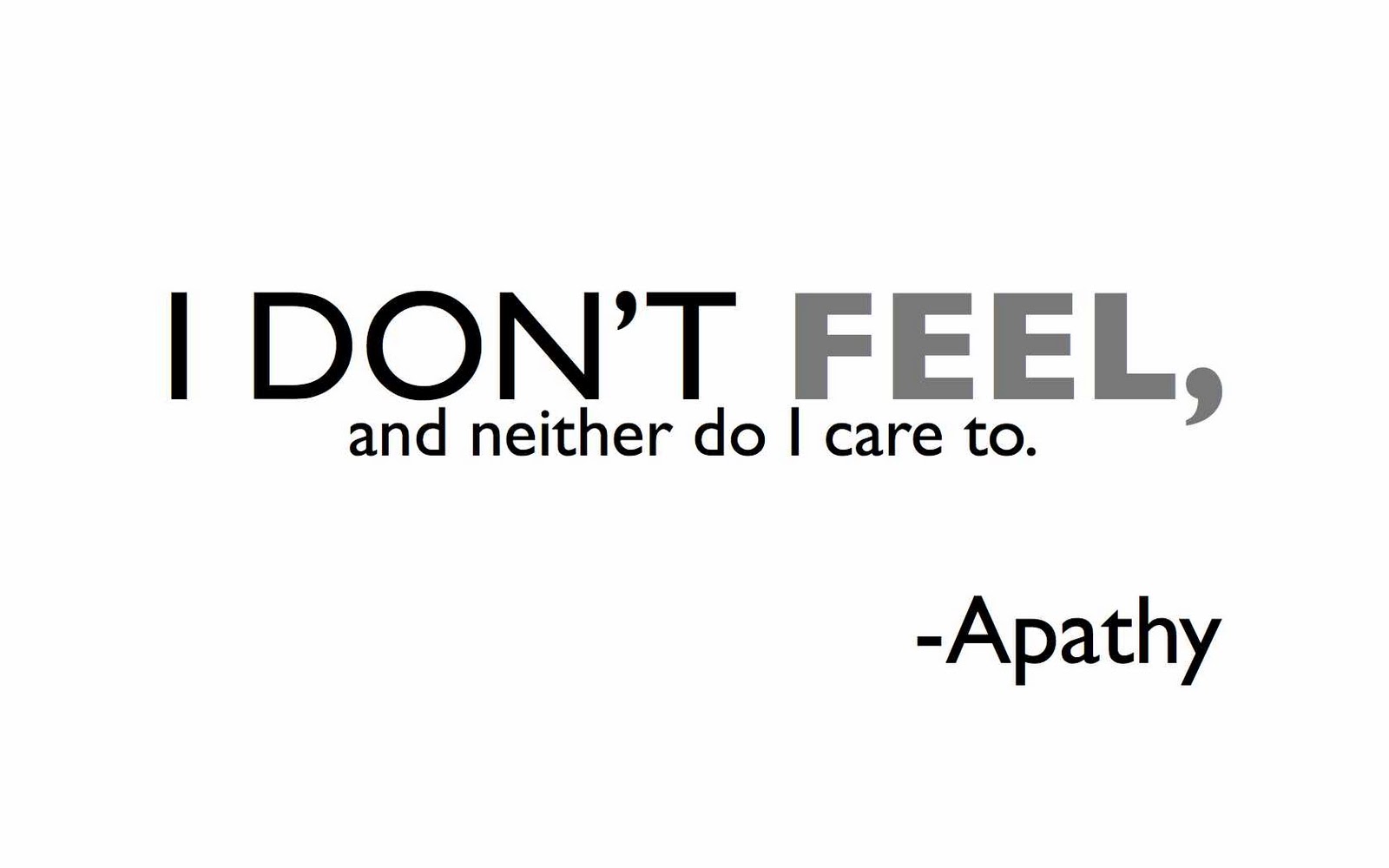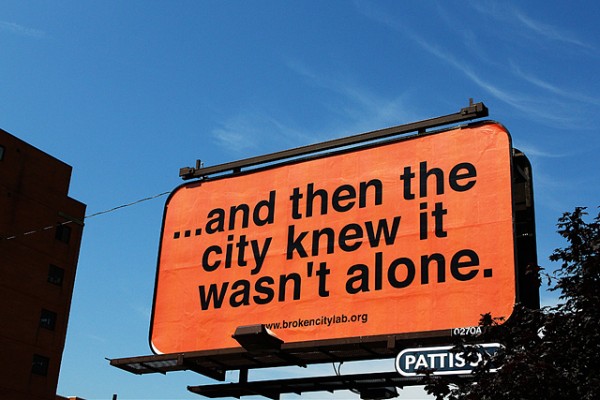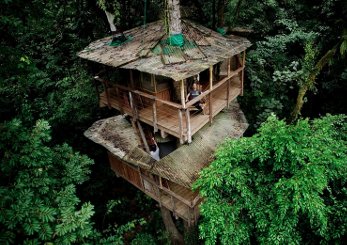
You swipe through your favourite news site while sitting in a train, and you enter the typical bombardment of information – “four degrees climate change temperature rise possible”, “rainforest burning”, “Iran-US-tension on the rise”, “East Germany soon run by right-wing populists?” Can you feel the contraction of your chest, the narrowing down of your attention, the closing of your heart? What if there was a reset button? What if we could take another breath before re-entering the Anthropocene?
Almost unnoticed there is a new movement being born. Young people in Generation Z are waking up. They are aware that change will take more than just politics, but also a shift of mind and consciousness. And they are equipped with the most powerful technology that has ever been around in human history. What if we press the reset button, and free our mind from an overload of information, of unnoticed negative emotional charge or apathy? What if we decolonize our attention and start to simply witness?
We are all aware that the challenges the world is facing today – and will be facing even more tomorrow — such as climate change, scarcity of resources, social-systemic injustice, and migration, call upon the human ability to co-create solutions on a global level, while being aware of local realities.
However, it is questionable whether our collective levels of awareness and collaboration measure up to the complexities we are facing globally. Rather, we seem to be ill-prepared for complex solutions. The tough question seems to be: how do we move fluidly from the personal to the global without being trapped in abstract charts and lofty globalist theories, but rather in an embodied experience of the world process as it unfolds?
As educated students and professionals in academia, we often consider ourselves to be global citizens who hold more complex view of things than on average. But is this true? We may identify ourselves as ‘global citizens’ cognitively, but do we embody it? Are we aware of our own subconscious biases and ideologies? How can global citizenship become a practice, rather than an identity?
Why practice Global Citizenship?
Evolutionary biologists and developmental psychologists have found that generally speaking, humans develop through a sequence of stages, both individually and collectively, towards greater inclusion and complexity. These stages progress from survival-focused, egocentric stages, through ethnocentric, towards more cosmopolitan ways of sense making and acting in the world.
This means very simply, that even though every human citizen is born on the globe, no one is born as a global citizen, i.e. no one comes to life considering the wellbeing of all. Thus, this is an acquired stage, one that requires a ‘holding’ environment created through education, life experience, self-awareness and dialogic skills, based on deep listening and exposure to various learning communities. This will very likely look quite different, depending on the geographical and cultural context.
The awareness-side of global issues
“I used to think that top environmental problems were biodiversity loss, ecosystem collapse and climate change. I thought that thirty years of good science could address these problems. I was wrong. The top environmental problems are selfishness, greed and apathy, and to deal with these we need a cultural and spiritual transformation. And we scientists don’t know how to do that.” Gus Speth – US advisor on climate change*
This quote has gone viral as a Facebook meme for some time. It illustrates what the scholars and practitioners of systems change and institutional or organizational development have been pointing out for many decades: the root causes of systemic issues often lie on the level of ‘mental models’, ‘the interior condition of the intervener’, or the ‘quality of attention and dialogue’. It has become commonplace even among tech giants to fear the dangers of humanity’s technological advancement. Thus, global activists, like Nicanor Perlas from the Philippines, stress the importance of moral and spiritual evolution to measure up to our technological possibilities*.
The neuroplasticity of global politics: how do we practice it?
The good news is that we humans are equipped with a brain that learns. Neuroplasticity has shown that the capacity for compassion and empathy, for instance, can be deliberately practiced and even result in the growth of cortical thickness in respective brain areas*. At least we know now that humans can indeed systematically change their ‘interior condition’. Such brain changes, however, do not result from the way we usually engage our mind, e.g. in reading the news, obsessive consumption, fear-driven control, or worse, apathy and dissociation. These will not result in an increase in compassion, or the progression towards a more complex and integrated sense making. What is required is deliberate, mindful and embodied awareness, while engaging with the world-events at hand. Social cognition, the ‘inner place’ from which humans relate to others, comes in varied forms. While we can only empathically relate to a limited number of friends in our tribe or in-group, our cognitive perspective-taking and compassion skills can be stretched to include those former ‘out-group’ members who are very different from us.
Global Social Witnessing
To briefly summarize our current predicament: a) we live in a highly-interconnected world; b) current and forthcoming major challenges can only be solved globally; c) for chances of human survival to increase, a number of competencies, including the development of awareness and a global identity, need to better match the level of complexity we actually engage in; d) practice can actually develop these competencies, as suggested by neuroscience.
This leads us to the proposition of Global Social Witnessing as an awareness-based practice of global citizenship. To quote Gus Speth’s words, let’s learn “how to do that”. This practice should not be read as a recipe to save the planet; nor do we claim to know exactly what this practice ‘should’ look like. This will very likely change depending on place, time, historic context and culture. But we do believe, that GSW is very worthwhile considering as a missing piece in our understanding and practice of global responsibility. The inspiration for this comes from both ancient traditions and modern-day teachers of consciousness development.
What is GSW?
‘Global’ refers to large-scale events and processes affecting large numbers of people or the planet as a whole.
‘Social’ refers to the fact of interrelatedness of humanity.
‘Witnessing’ points to the capacity of fully attending to and testifying to critical events.
GSW, then, is at its core the emergent human capacity to mindfully attend to global events with an embodied awareness, thereby creating an ‘inner world space’ mirroring these events*.
How Does GSW work?
As a practice of contemplative social cognition, GSW involves a sequence of micro-actions: a conscious choice to pay attention to world events, to allow oneself to be affected by them, to become aware of phenomenal impressions on various levels (mental, emotional, somatic, relational) and to attentively remain with these impressions, and their unfolding within one’s awareness.
Group Practice
GSW can be practiced individually or by a collective entity. The potential collective practices are two-fold. Firstly, they are initiated through a shared intention of the collective, while a particular global event is mirrored simultaneously within each individual member. Secondly, the collective entity’s social field mirrors the complex systemic dynamics of the given global event, and its potential unfolding. In this way, the various elements of that event are represented by group members. Examples of this second type of practice are Social Presencing Theatre, and Systemic Constellation Work.
What’s the Outcome?
Attempts to address threatening global events such as climate change have been found to lead to feelings of apathy, fear or overwhelm in both individuals and groups. As a consequence of these negative effects, such topics are largely avoided or repressed*. GSW counteracts this avoidance as a therapy for these social pathologies, through deliberate self- and-world-awareness and engaged participation that fosters the re-establishment of formerly broken systemic feedback-loops.
As mentioned earlier, generation Z is, in particular, aware of and confronted with the complex contradictions of the interconnected, interdependent systems in our world. An essential capacity for future education to provide, is to help students practice a global identity in order to respond mindfully and compassionately to the issues at stake, rather than just feeling overwhelmed by their magnitude and complexity. Confrontation with real world issues and the struggle to solve them, becomes the true site of learning. In this context, global social witnessing is an educational practice to help establish a cognitive and affective foundation for global citizenship.
This article is co-authored by Lucas Herrman
*Speth, Gus in: Madhavan, G Oakley, B Green, D Koon, P Low, (Eds) Practicing Sustainability, Springer Science & Business Media, 2012.
*Perlas, Nicanor. Humanity’s Last Stand: The Challenge of Artificial Intelligence – A Spiritual-Scientific Response. Forest Row 2018.
*Valk, Sofie L, et al. “Structural plasticity of the social brain: Differential change after socio-affective and cognitive mental training.” Science Advances 3.10 (2017): e1700489.
*Matoba, Kazuma. (2019) The refugee crisis as a test of our collective conscience: Global perspective taking and witnessing. Available from: https://www.researchgate.net/publication/334138539 The refugee crisis as a test of our collective conscience Global perspective taking and witnessing










